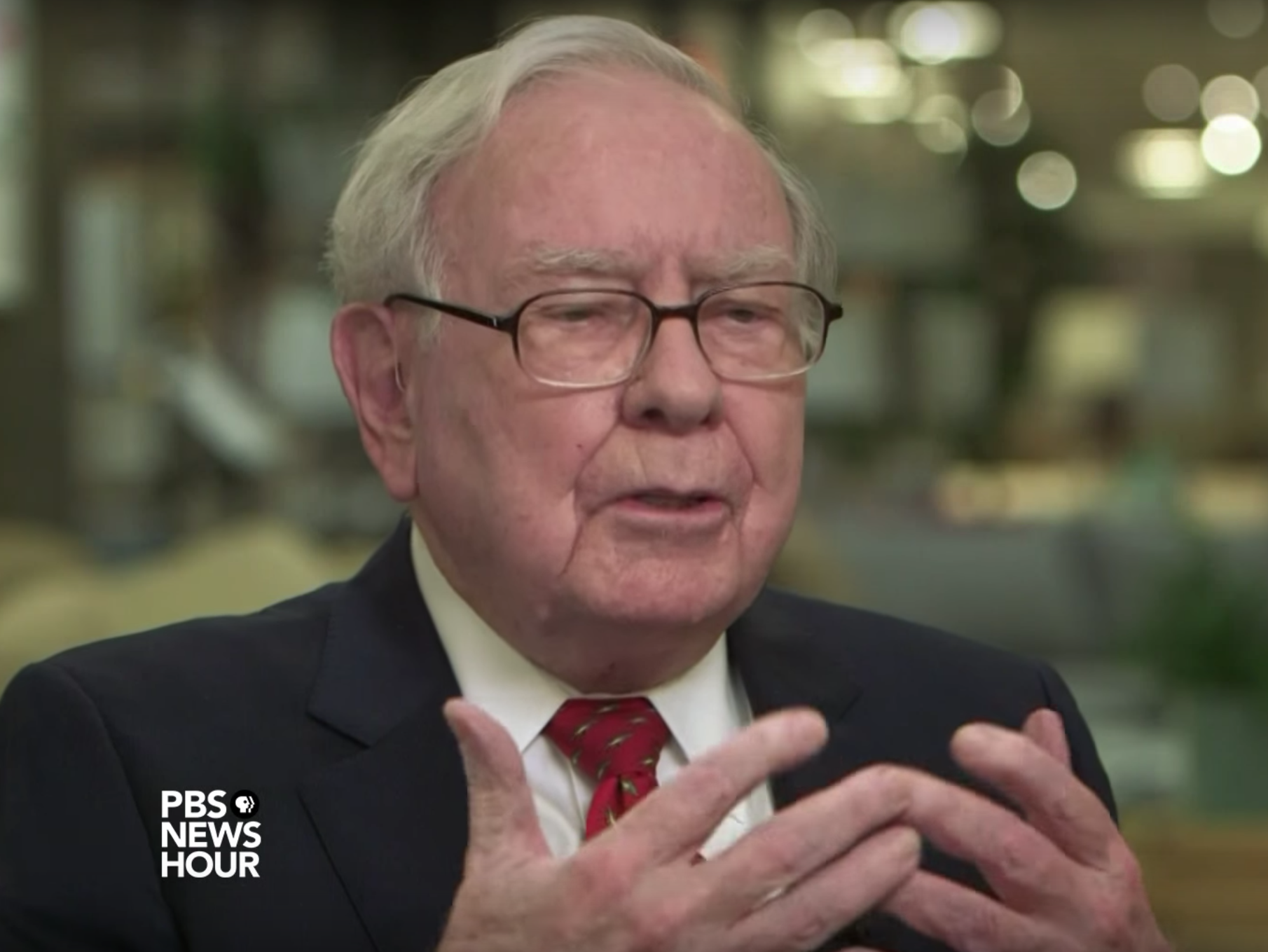Warren Buffett condemns Donald Trump tax plan that would make the rich even richer
The billionaire investor said repeal of the estate tax would be 'a terrible mistake' that would benefit the wealthiest Americans unnecessarily

Your support helps us to tell the story
From reproductive rights to climate change to Big Tech, The Independent is on the ground when the story is developing. Whether it's investigating the financials of Elon Musk's pro-Trump PAC or producing our latest documentary, 'The A Word', which shines a light on the American women fighting for reproductive rights, we know how important it is to parse out the facts from the messaging.
At such a critical moment in US history, we need reporters on the ground. Your donation allows us to keep sending journalists to speak to both sides of the story.
The Independent is trusted by Americans across the entire political spectrum. And unlike many other quality news outlets, we choose not to lock Americans out of our reporting and analysis with paywalls. We believe quality journalism should be available to everyone, paid for by those who can afford it.
Your support makes all the difference.Warren Buffett has attacked US President Donald Trump’s plan to slash taxes for companies as well America’s richest individuals.
“We have a lot of businesses... I don’t think any of them are non-competitive in the world because of the corporate tax rate,” billionaire investor Mr Buffett told CNBC, on Tuesday.
He also laid into Mr Trump’s proposal to repeal the estate tax, a move that would spare Mr Buffett’s own family a multi-billion dollar bill upon his death. He said repeal would be “a terrible mistake” that would benefit the wealthiest Americans unnecessarily. The estate tax affects only the richest 0.2 per cent of families.
Mr Trump’s wealth is unknown but his own family stands to make substantial savings by not having to pay any estate tax on his fortune. The tax is currently set at 40 per cent.
Mr Buffett joined another towering Wall Street figure, BlackRock chief executive Larry Fink, in criticising Mr Trump over the issue on Tuesday.
The proposed tax cuts would lead to a “pretty large expansion of our deficits,” Mr Fink told Bloomberg TV on Tuesday.
He pointed to the Congressional Budget Office’s prediction, issued before Mr Trump announced the new tax cuts, that the US deficit will grow to $25 trillion.
Last week, Mr Trump proposed drastically reducing taxes on US company profits from 35 per cent to 20 per cent but Mr Fink said the tax plan must be amended and suggested a rate as high as 27 per cent would be more appropriate.
Many US multinationals currently avoid paying corporate tax on much of their earnings by stashing profits overseas or exploiting loopholes. Apple, which has the largest cash pile of any US company, has $246bn (£185bn) in cash held by its overseas subsidiaries, according to its latest regulatory filing.
A recent analysis by Bloomberg found that the top six US companies have around $1.6 trillion stashed overseas. Under the new proposal, firms would pay no US taxes on profits earned abroad.
The latest criticisms of the tax plans from two of Wall Street’s most high-profile figures add to accusations from others that in order to pay for the estimated $5.8 trillion in tax breaks to large multinationals and billionaires, the president will have to cut assistance for the poor and middle income families.
The non-partisan Tax Policy Centre calculated that the richest 1 per cent of families would get an average annual tax cut of $129,030.
The median individual in the 1 per cent earns $732,000 and would receive an 8.5 per cent income tax cut, the TPC worked out. The richest 0.1 per cent, earning at least $3.4 million a year, would get $722,510 back on average - a 10.2 per cent average boost in after-tax income.
Thirty per cent of the benefits of the income tax cut will accrue to the wealthiest 0.1 per cent of the population, the TPC calculated.
For individuals, the plan reduces the number of tax brackets from seven rates into three: 12 per cent, 25 per cent and 35 per cent. The bottom rate would go up from 10 per cent, while the top would go down from 39.6 per cent.
Mr Trump falsely claimed that he won't personally benefit from his proposals. He also argued that his plans will help all Americans. “This is a revolutionary change and the biggest winners will be the everyday American workers as jobs start pouring into our country, as companies start competing for American labour, and as wages start going up at levels that you haven't seen in many years,” he said, when he announced his plans last week.
Join our commenting forum
Join thought-provoking conversations, follow other Independent readers and see their replies
0Comments